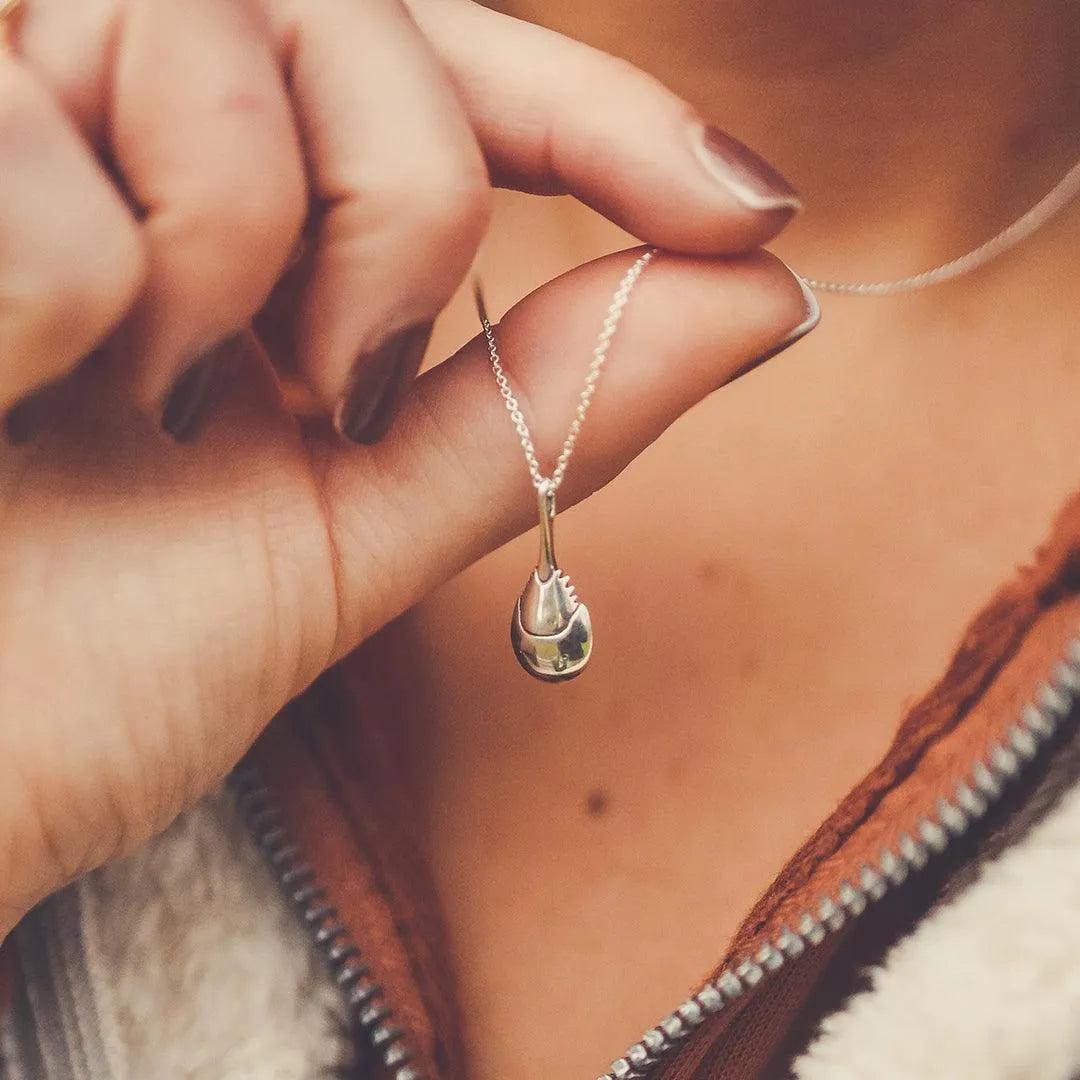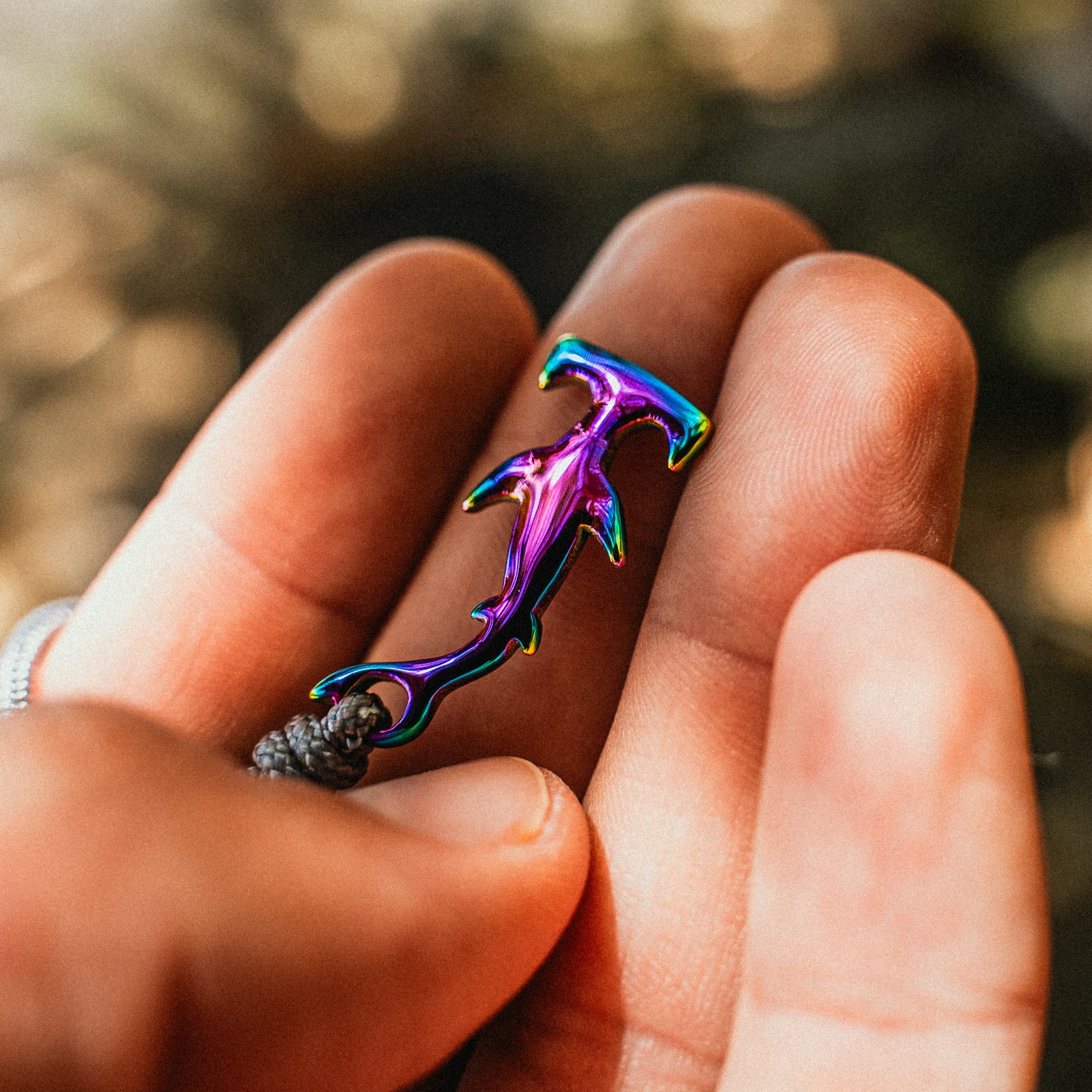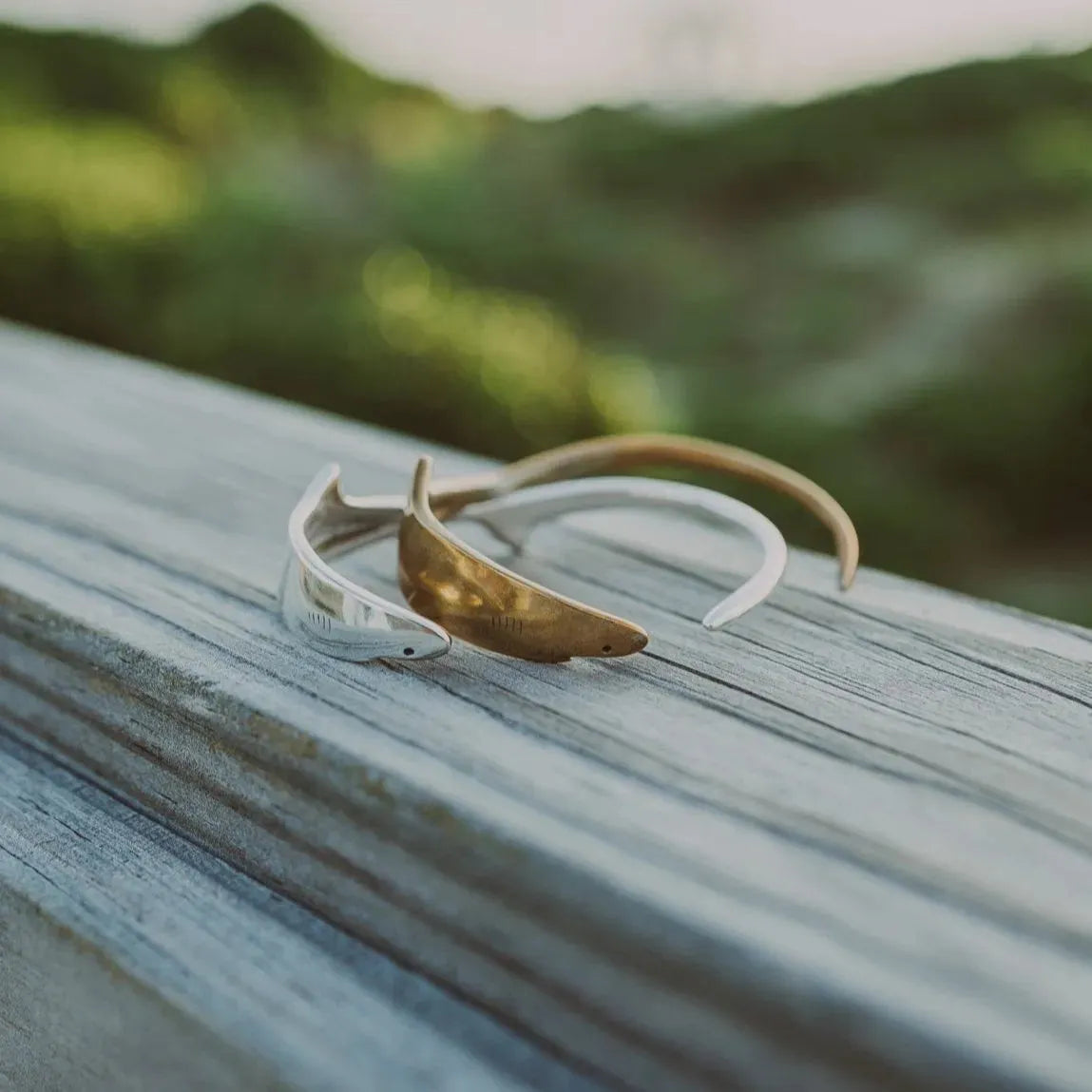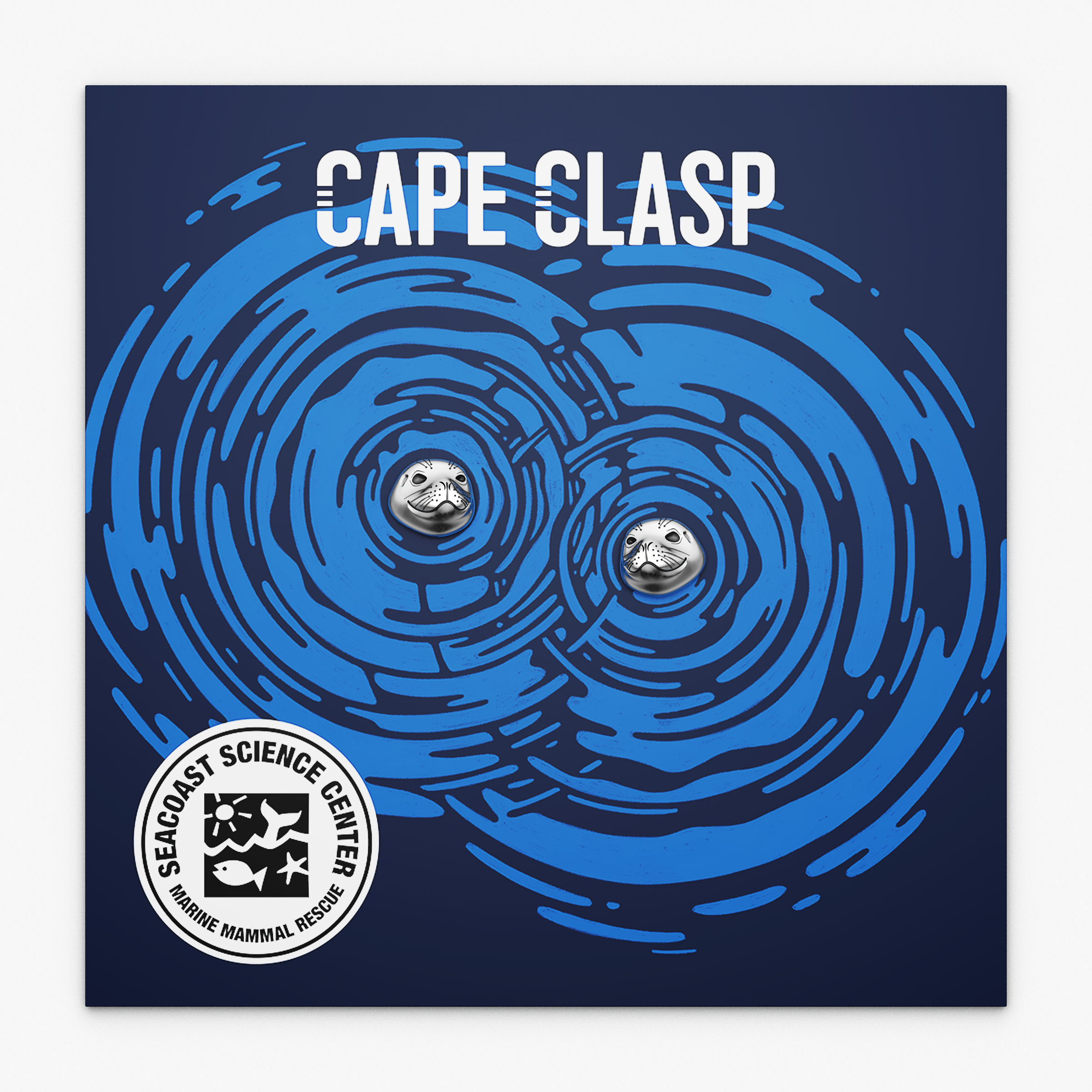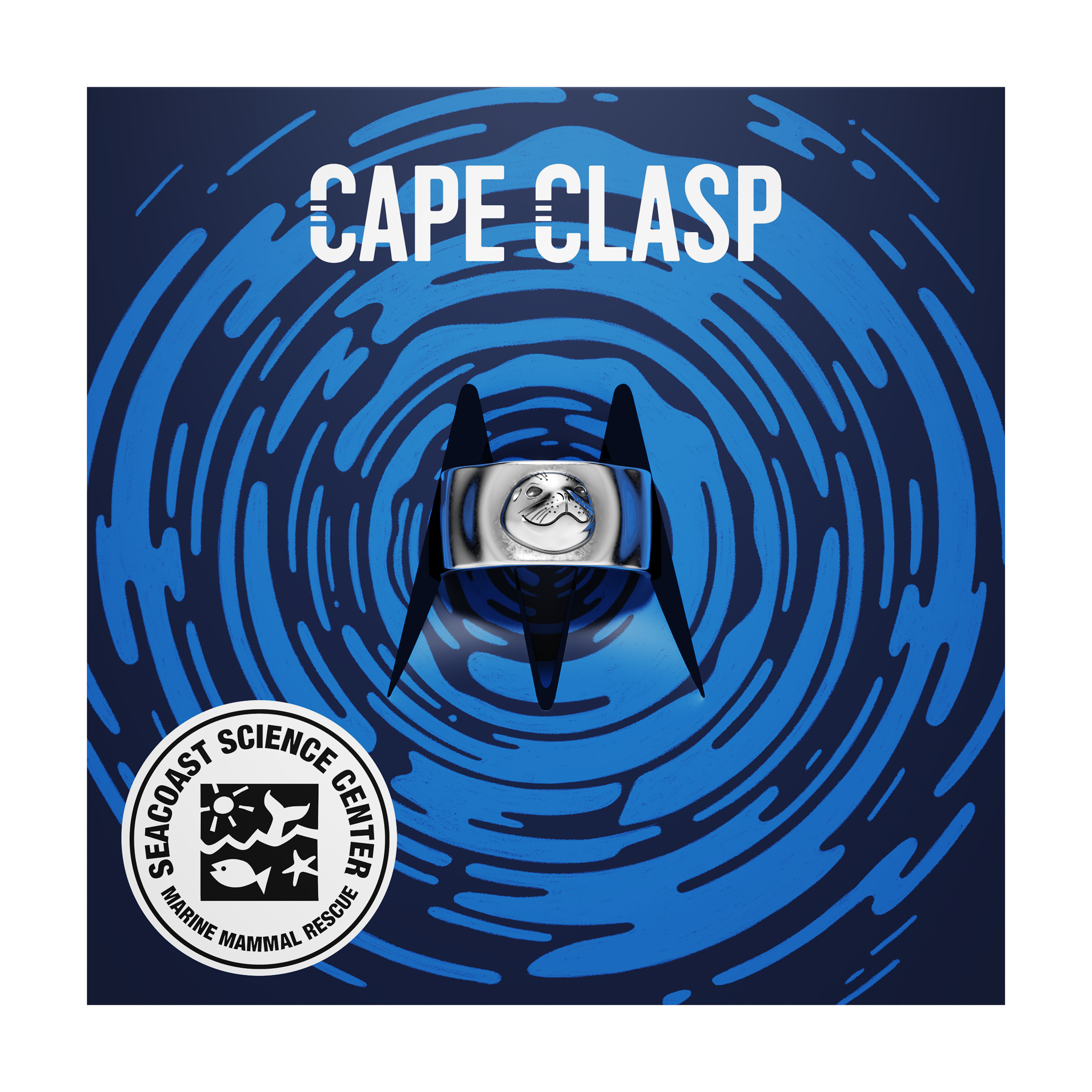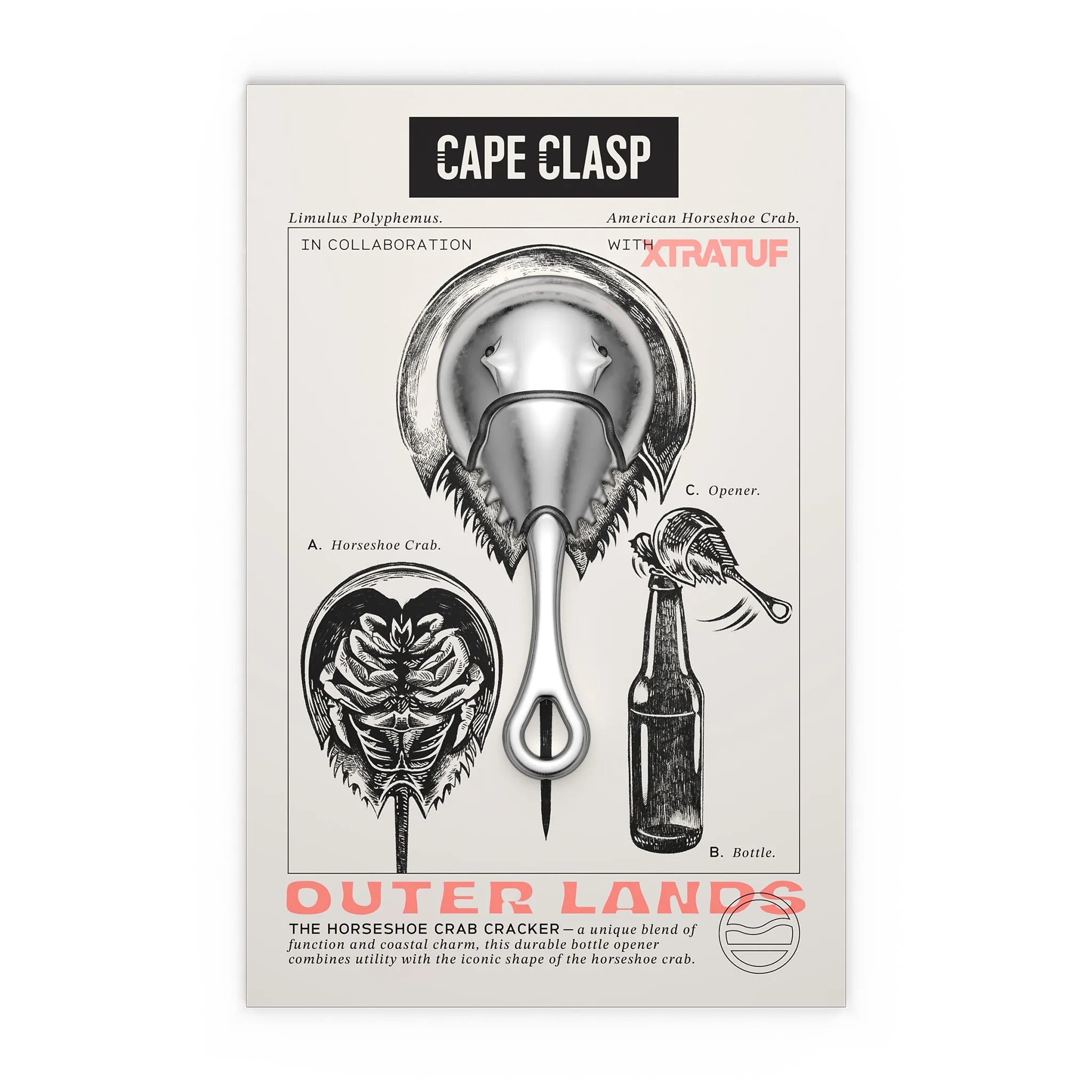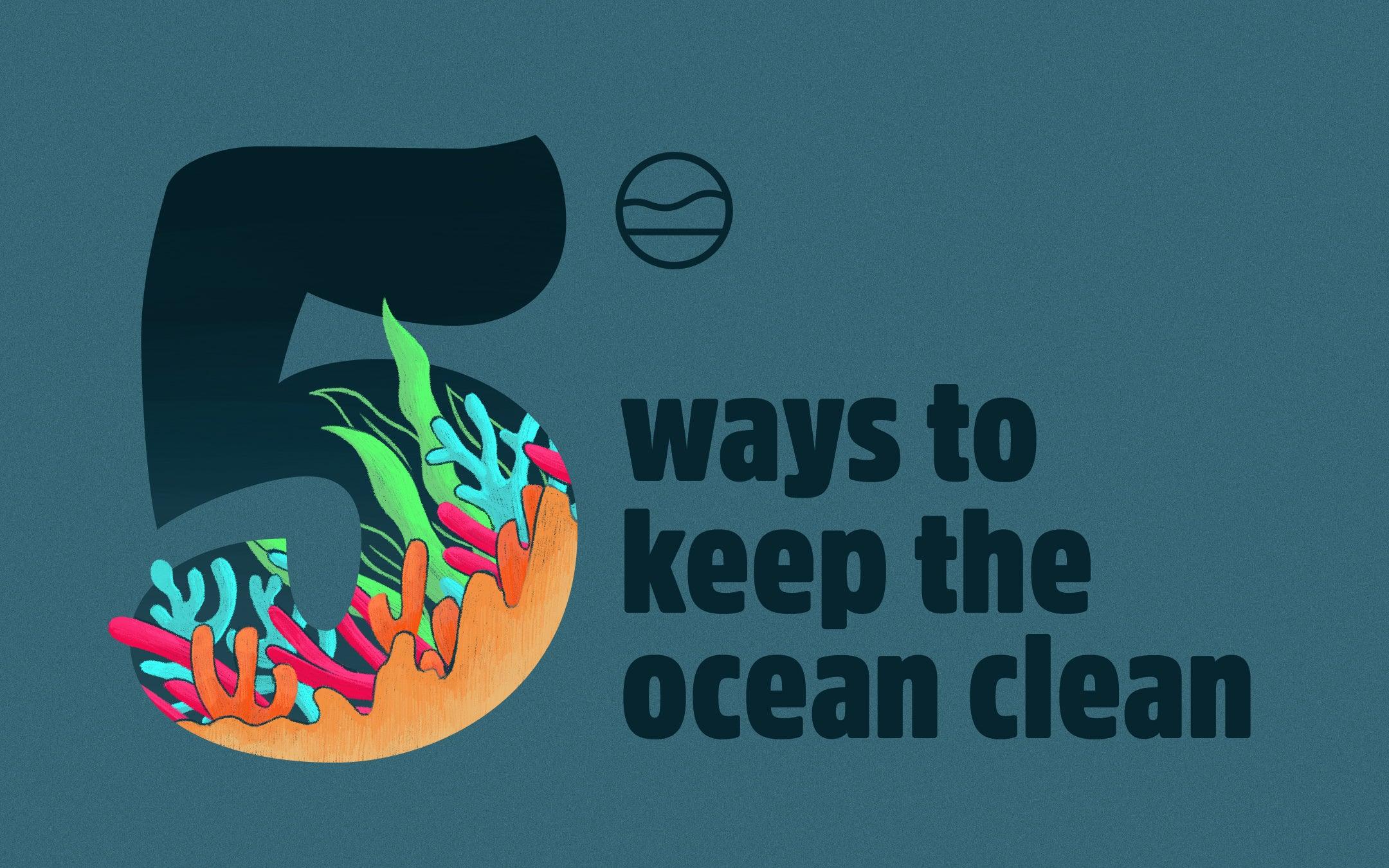
5 Ways to Keep the Ocean Clean
5 WAYS TO KEEP THE OCEAN CLEAN
You can’t talk about the ocean without talking about one of the massive problems facing it: plastic pollution. A study from the International Energy Agency warns that the amount of plastic in our oceans may double by 2030. Here at Cape Clasp, we will continue to talk about our plastic problem with the hope that more and more people will begin to listen.
WHY IT MATTERS
Our ocean is one of the greatest resources we have on this planet, providing a plethora of benefits to all creatures –– humans included. Our ocean produces oxygen, regulates our climate, and acts as a “carbon sink” (25% of all CO2 emissions are absorbed by the ocean!). The bottom line is that humans need the ocean to survive, as do the millions of other creatures that call it home. Unfortunately, our global addiction to plastic is gravely impacting our ocean’s ecology and health.
Yeah yeah, you’re thinking. I’ve heard it all before. But the ocean is huge - how bad could it be?
We’ve got some bad news for you: there is the equivalent of five trash bags full of plastic for every single foot of coastline in the world. Without an intervention, there will be over 1.3 billion tons of plastic dumped into the environment – in the ocean and in landfills – over the next 20 years. This plastic waste is fatal to animals; according to one study, plastic waste kills up to one million seabirds and 100,000 marine animals per year.
We know that this is heartbreaking to hear and that those statistics can seem too overwhelming, but this is exactly why we must take action! Every little bit helps.
WHAT YOU CAN DO
- Avoid single-use plastics.To keep plastic out of our oceans and diminish marine pollution, we must decrease our reliance on single-use plastics. As a glaring example of our throwaway culture, out of the 300 million tons of plastic produced each year, half of it is dedicated to single-use items. To reduce the amount of plastic you use, you can purchase reusable alternatives to everyday products; glass straws, reusable shopping bags, BPA-free water bottles, bamboo silverware for meals on the go, etc. It’s always fun to personalize those items too, we happen to know a place to find cool stickers to do just that! If you are a business owner, consider ways your company can reduce its single-use items on a larger scale.
- Avoid products that contain microbeads. Microbeads are a type of microplastic that consist of manufactured polyethylene and is generally found in cosmetic or beauty products. When plastics end up in the ocean, they tend to break up into tiny particles less than 5mm in length called microplastics. Microplastics and microbeads are so small that they pass through some water filtration systems and can be snacked on by sea life (which can then be eaten by humans, meaning the plastic is works its way through the food chain).
- Educate others.It may be difficult for those who don’t have a direct connection to the ocean to understand the importance of keeping the ocean clean. This is why it’s important to have respectful and factual conversations about the “why”. We understand wanting to scream about this from your rooftop, but sometimes catering a conversation to your audience can be even more impactful. If the ocean benefits, we all benefit.
- Keep the beaches clean. A study found that a single cigarette butt produces enough toxins to kill more than 50% of the fish exposed to it for 96 hours. (Smoking isn’t good for humans, the environment, OR fish, so let’s not throw your butts on the beach!) Another great idea, especially now that we’re in Summer 2021 is to hold a beach cleanup! Beach cleanups can be done solo, with a group of friends, or with a furry companion and can look however you want them to. We just want you to get out there and clean up those dirty beaches (we’ll be there too)!
- Offer support. Donating to nonprofit organizations like The Plastic Bank, Plastic Oceans International, or Debris Free Oceans can help organizations and movements that are leading the charge to eradicate the ocean of its plastic waste. These organizations’ mission is to not only remove the plastic debris, but to educate local communities on why doing so is so crucial to our future here on planet earth.

